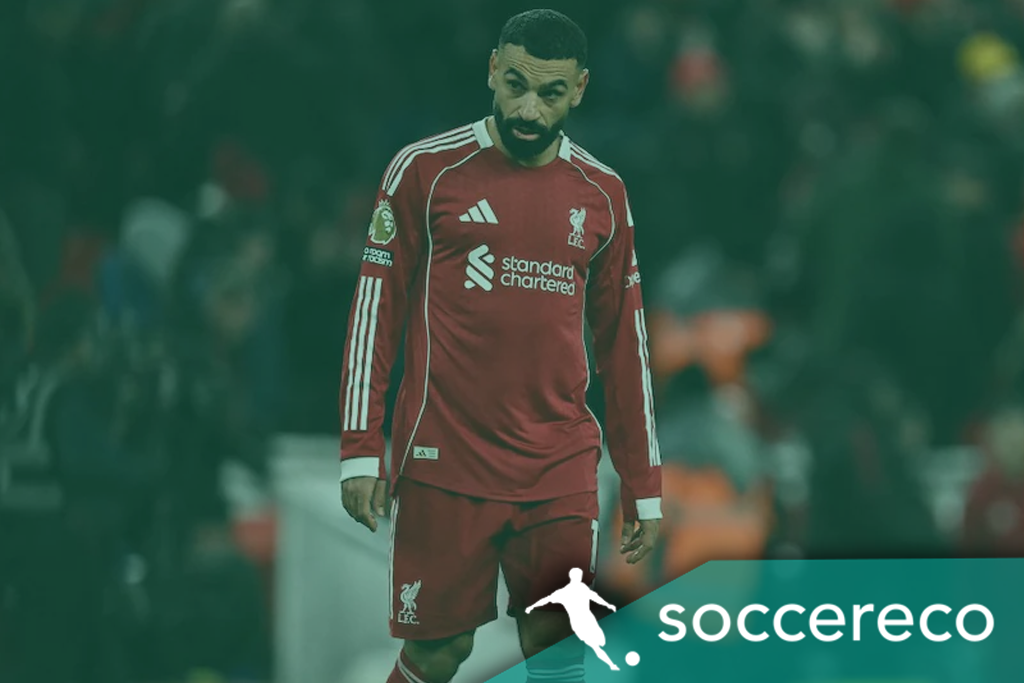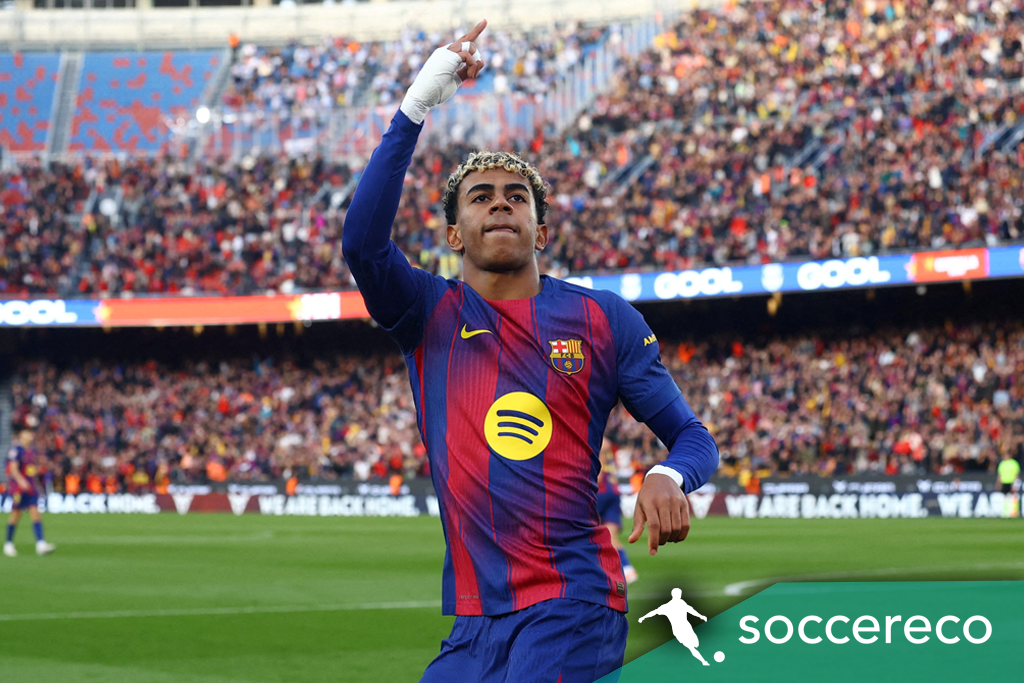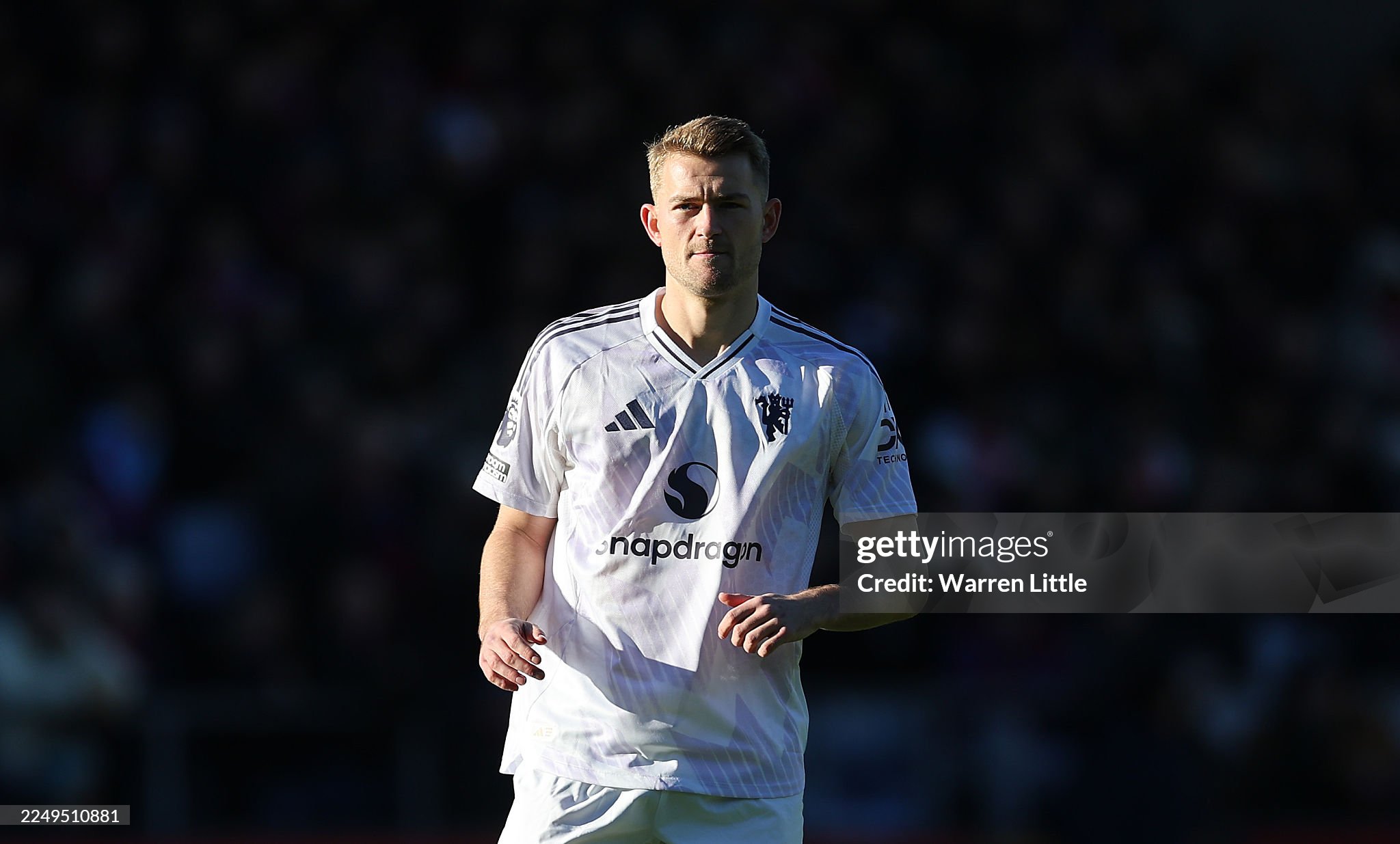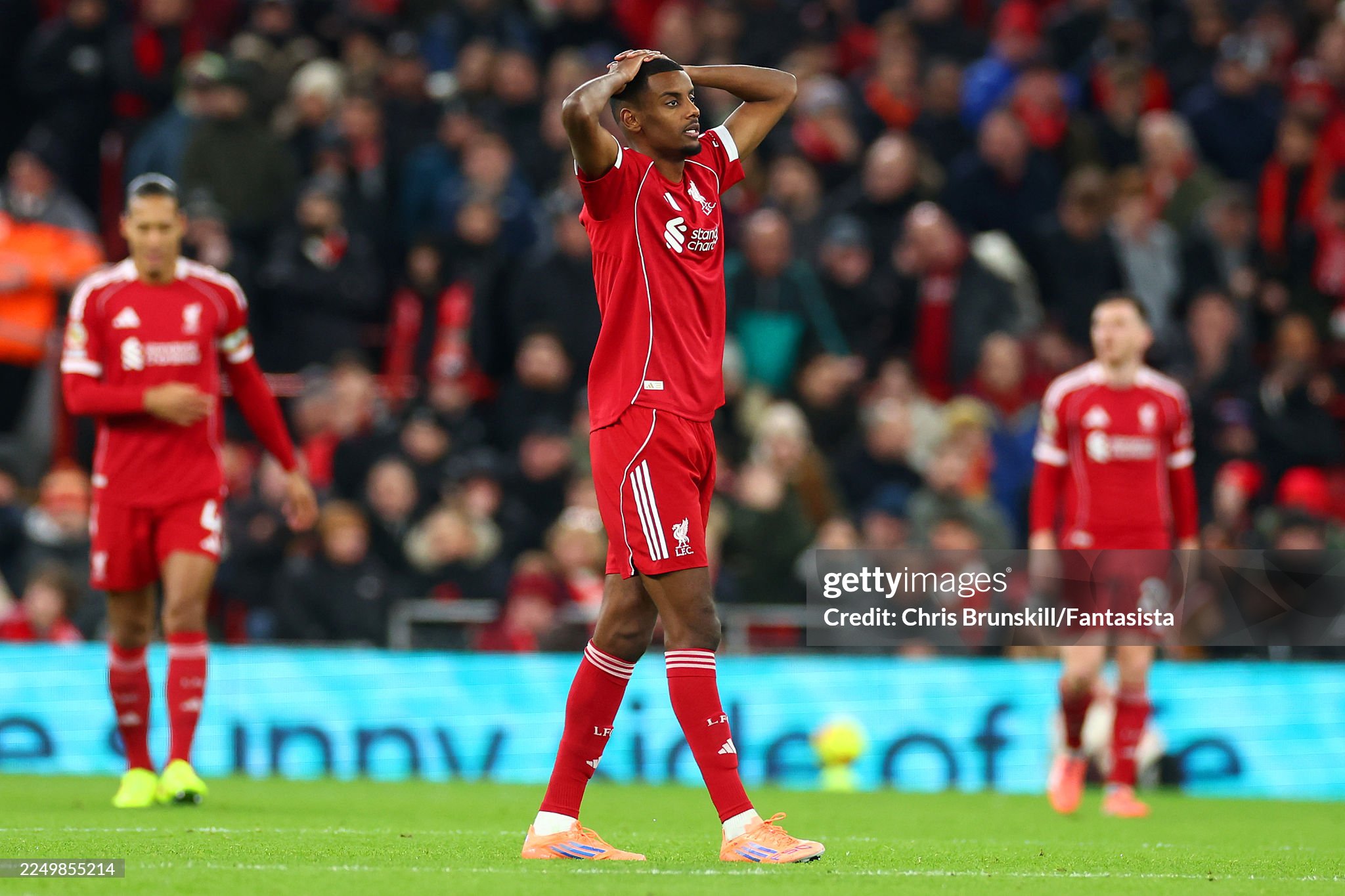In Rome, there are now strong suspicions that Claudio Ranieri possesses supernatural powers. Since the coach took over at AS Roma, everything has changed in the Italian capital. With the finish line in sight, Rome is suddenly getting Champions League fever.

In November 2024, Claudio Ranieri, now 73 years old, made an unexpected yet emotional return to AS Roma, a club he had already managed twice in the past.
His first spell, between 2009 and 2011, saw him lead Roma through 84 matches, nearly clinching the Serie A title in 2010. His second stint in 2019 was brief, only twelve games long, serving as a temporary solution during a transitional period. But his third arrival came under entirely different and far more desperate circumstances. Roma, a club with rich history and high expectations, found itself in a complete state of disarray. Having already burned through three different coaches in the same calendar year, the team was spiraling toward disaster. When Ranieri took over, Roma were sitting dangerously close to the relegation zone, only four points above the dreaded drop.
The atmosphere around the club was grim. Fans were disillusioned, the squad lacked confidence, and the press was ruthless. Few believed that Ranieri, despite his respected past, would be able to steady the ship. And yet, in the months that followed, he produced what can only be described as one of the most remarkable turnarounds in recent European football. Under his leadership, Roma not only began to win but did so with consistency, cohesion, and renewed spirit. As of early May 2025, no team in Europe’s top leagues has collected more points since the turn of the year than Roma. The Giallorossi are currently on a stunning 19-match unbeaten run, having climbed from the depths of the table to a shared fourth place good enough, if they hold on, to qualify for the UEFA Champions League.
Much of this success has been built on a solid foundation and a clear tactical approach. Ranieri did not come in promising revolution or spectacle. Instead, he brought balance, clarity, and emotional stability to a fractured squad. Players who had previously struggled under prior regimes suddenly looked revitalized. Notably, former Eredivisie talents Devyne Rensch and Anass Salah-Eddine have emerged as crucial figures in this resurgence. The entire team began to function as a unit again, fighting for every point, every duel, every minute. Matches that would have ended in collapse earlier in the season became gritty, hard-earned victories.
Still, the mission is not yet complete. Whether Roma can truly secure Champions League qualification remains uncertain. The fixture list is not kind. In the final stretch of the campaign, they must travel to face both Atalanta and Torino two notoriously tough away matches while also hosting AC Milan in what could prove to be a decisive clash. Every game feels like a final, and there is little margin for error. Yet the energy surrounding the team has shifted completely. Where once there was apathy and fear, now there is belief and anticipation. The Olimpico is packed once again, fans chant Ranieri’s name with pride, and the dream of top-tier European football no longer feels like fantasy.
If there is a criticism to be made of this Roma side, it lies in the narrowness of their victories. Throughout this extraordinary run, many of their wins have come by the slimmest of margins. In fact, in the last eight games, the team has scored exactly one goal in each. Six of those matches ended 1-0, while the other two were 1-1 draws. This streak of minimalism has not gone unnoticed, with some Italian media ironically referring to it as a “1-0 subscription.” Yet Ranieri remains unfazed. When asked about the recurring scoreline, his answer was blunt and to the point: “So what? It’s still three points.”
This unapologetic attitude reflects a deeper truth about Ranieri’s philosophy. While some may be tempted to label him a defensive manager, clinging to the old Italian model of catenaccio, the reality is far more complex. Ranieri is not afraid to defend when necessary, but he has always valued pragmatism over dogma. His current Roma side is not parked in their own half. They play with two strikers Artem Dovbyk and Eldor Shomurodov supported by a wing-back, Matias Soulé, who is naturally an attacking player. Behind them, Lorenzo Pellegrini operates as a classic mezzala, the Italian term for a creative midfielder who drives into attacking areas. This is not a conservative setup it’s a balanced one, designed to make the most of the tools available.
Ranieri’s genius lies not in spectacle, but in efficiency. He understands his players, adapts to their strengths, and instills a collective purpose. He has built his career on organizing teams in a way that maximizes their potential, often defying expectations. From his fairy-tale Premier League title with Leicester City to his various rescue jobs in Italy and beyond, Ranieri has repeatedly shown an uncanny ability to breathe life into teams others had written off. Roma is simply the latest chapter in a long story of improbable triumphs.
As the season draws to a close, all eyes in Italy are now on the capital. Can Ranieri complete the miracle and return Roma to the Champions League? The odds were against him from the beginning, but then again, Ranieri has never been one to follow the odds. For now, Roma dreams once more and that alone is a victory worth celebrating.
Updated: 11:35, 5 May 2025








